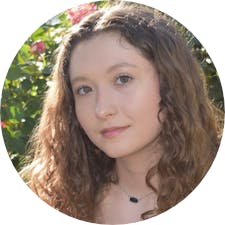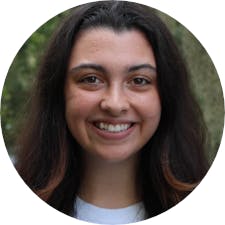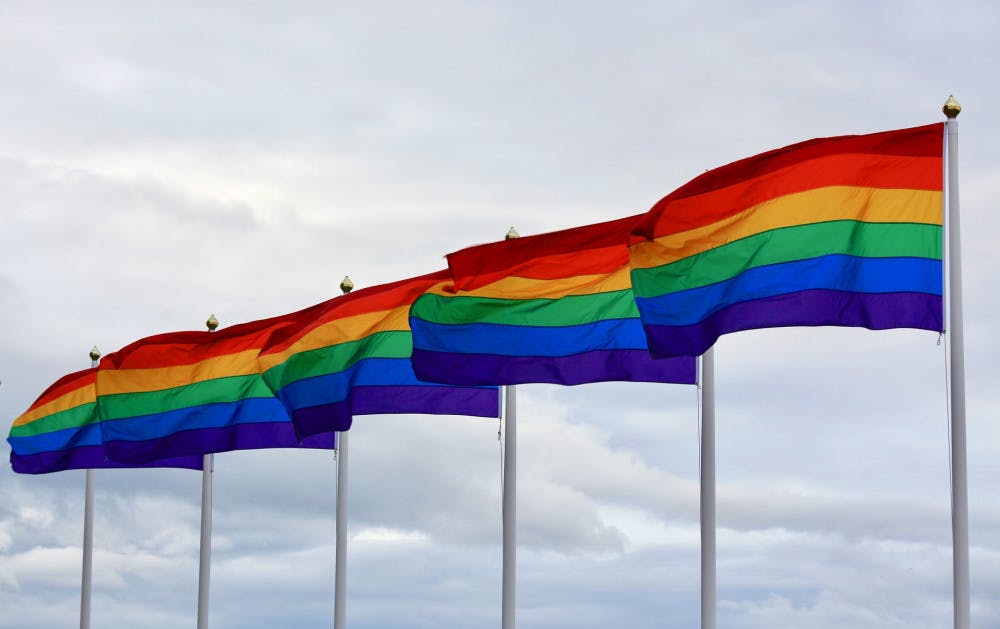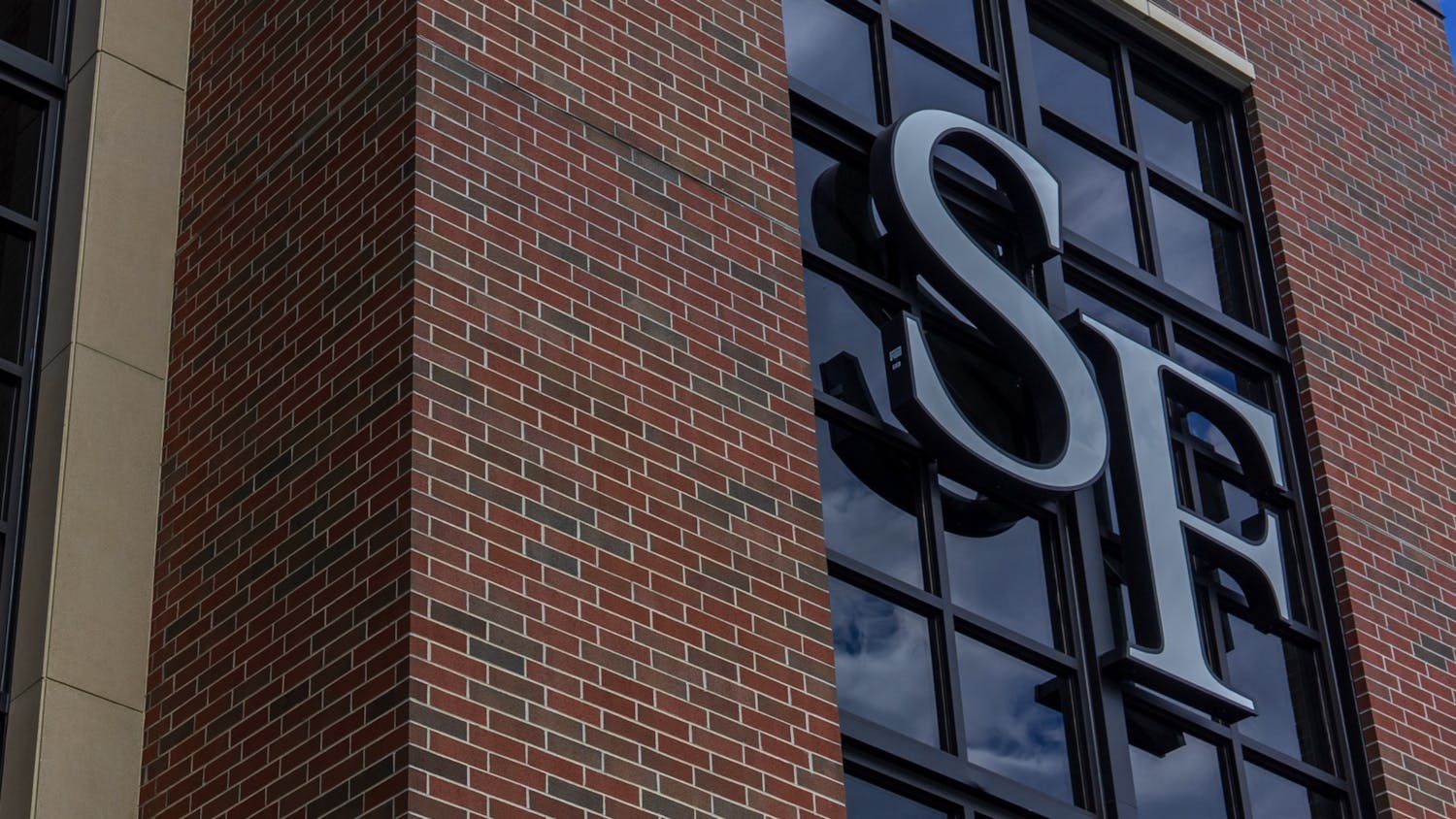Across the country, people come together to celebrate the LGBTQ+ community through Pride Month.
At UF, this June was not just a celebration of progress for campus organizations, but also a time to push for future change.
Events put on by LGBTQ+ Affairs, an office within UF Multicultural and Diversity Affairs, centered around topics such as transgender health, Juneteenth and settler colonialism. Nearly halfway through Pride Month, the LGBTQ+ community at UF gathered virtually to commemorate the fifth anniversary of the Pulse nightclub mass shooting.
Outside of Pride Month, UF student organizations, faculty and staff have worked to support the LGBTQ+ community through educational programming, health services and policy proposals.
Where are we now?
Among LGBTQ+ students and community activists, the improvement of education about gender and sexuality at UF remains a common demand.
Leading the movement to establish UF as a preeminent university in the field, the Center for Gender, Sexualities, and Women’s Studies Research has persisted in furthering equity for the LGBTQ+ community through research and teaching.
As of Spring 2021, over 449 students have declared majors in women’s studies or minors in women’s studies, theories and politics of sexuality, or health disparities within the Center — an increase from 132 students in Spring 2014.
“Our collective vision is to sustain a community of scholars, students and leaders who use the tools of gender, sexuality and women’s studies to generate knowledge and real-world positive impact,” Dr. Bonnie Moradi, director of the Center, wrote in an email.
At the Counseling & Wellness Center and Student Health Care Center, the physical and mental well-being of LGBTQ+ people is supported through various healthcare methods. The centers have developed resource services for transgender students, such as the option to receive hormone therapy at the SHCC or attend gender identity themed therapy groups at the CWC.
According to the National Center for Transgender Equality, 40% of transgender adults reported a suicide attempt, with 92% of the individuals specifying that the suicide attempt occurred before the age of 25. For Black transgender individuals, the percentage of suicide attempts rose to 47%.
For UF student advocates like 20-year-old information systems junior Eden Goodman, seeing the university take a larger role in LGBTQ+ issues is an important step to execute real change on campus.
When Goodman attended Preview in 2019 as a biochemistry major, enrolling in demanding courses was not nearly as daunting as having to operate in the competitive STEM community as a genderqueer bisexual student — a separate obstacle they faced.
Goodman wanted to meet more LGBTQ+ students who were in STEM, leading them to their first meeting with Out in STEM (oSTEM) — an organization for LGBTQ+ students to develop professional skills and promote intersectionality in STEM careers.
“[We want] to improve the experiences of LGBT students in the STEM community and make sure that they know that they are safe,” Goodman said. “There are people that are just like them, and so they can get those opportunities and really make a place for themselves.”
Now, two years later, Goodman has become the president of oSTEM, and aims to expand the club’s outreach to more queer STEM students in the upcoming school year.
This summer, oSTEM added a new sub-organization called Pride in Psychology to their other two existing sub-organizations — Pride in College of Agriculture and Life Sciences and Pride in Engineering. Goodman hopes oSTEM will continue to add new STEM sub-organizations to encompass the entire STEM community at UF.
Like Goodman, many other queer UF students have found a home in student organizations that serve the UF LGBTQ+ community — one of the largest being the Pride Student Union. As one of the nine largest student organizations, otherwise known as a Big Nine organization, Pride Student Union strives to provide an inclusive environment for queer students through social networking, activism and leadership.
“A lot of the time, there is a question asked [to a queer individual] and it’s not meant to be an aggression, it’s out of genuine curiousity,” Goodman said. “But, it’s not the responsibility of the LGBT person to teach the person asking the question about it...so I think just making that sort of education more widespread throughout campus and throughout all facets would be really useful.”
Other organizations like the Queer Cultivation Program offer mentorship opportunities for LGBTQ+ students. For LGBTQ+ UF students of color, the Queer Trans People of Color Collective gives a safe space for discussions on issues affecting the community.
Student-led LGBTQ+ initiatives continue to be a prominent source of advocacy at UF, most recently demonstrated through a proposal for gender-neutral housing from a team of six SG senators and students.
The proposal led to the official establishment of the Lavender Living Learning Community in Springs Complex — an LLC designed to safeguard against discrimination and educate residents on gender and sexuality.
The Presidential LGBTQ+ Advisory Committee was established as a tool to systematically and periodically assess university policies that could negatively affect LGBTQ+ individuals, as well as field concerns from LGBTQ+ community members about homophobia and transphobia.
Students who are passionate about LGBTQ+ matters are also encouraged to become involved in the committee either by filling out an application or attending a meeting to see if they would like to join, Allyson Haskell, the chair of the Presidential LGBTQ+ Advisory Committee, said.
Advancing queer quality of life at UF has not been a sole burden on students, as UF faculty and staff have also played a crucial role. As a proponent for LGBTQ+ rights on campus, Haskell has used her position to improve queer wellbeing.
“[We] take into account anything that’s happened over the past year that has really impacted campus and try to think about how we can make positive change going forward,” Haskell said.
All of the different components of LGBTQ+ advocacy at UF have cleared the path for the future change sought after this Pride Month. However, reckoning with UF’s troublesome past with the LGBTQ+ community presents a continual challenge for the students of today.
Where did we start?
The progress seen at UF today was not always a reality. Change on campus happened over time.
The Johns Committee, which operated from 1956 until 1965, targeted the LGBTQ+ community at state public schools, including UF with the support of the president at the time, Julius Wayne Reitz. The committee was originally created to discover communist connections “within the NAACP or the academic community” but switched to investigating LGBTQ+ faculty and students in 1958. At UF, it led at least 15 professors and 50 students to leave the university.
In the early 1980s, the University of Florida Lesbian and Gay Society, or UFLAGS, registered as a student organization on campus, according to UF’s LGBTQ+ Affairs’ website. The group faced discrimination and struggled to receive funds from Student Government, as well as office space in the Reitz Union — leading to its disbandment.
In its place, Bill Gallagher, a UF student, founded the Gay and Lesbian Student Union, or GLSU, in 1987. Although it began as an off-campus organization, it became an official student group in 1991. In 2000, GLSU was given the name it’s known by today: the Pride Student Union.
In an effort to help LGBTQ+ students, faculty and staff feel more welcome on campus, the Committee on Sexism and Homophobia established the Friends of Lesbians, Gays, and Bisexuals program in 1999.
Art Sandeen, 83, UF’s vice president for student affairs from 1973 until 1999, supported and participated in the Friends program during his time in this position.
In the windows of offices on campus, Friends program members would display a sign saying they were friends of LGBTQ+ community members, Sandeen said. Those who were a part of the program also received a button they could be identified with, according to a program pamphlet. Its message was simple: those in the office would welcome students and others looking for comfort and acceptance, he said.
“I was encouraged that there were so many people in offices on the campus where people were willing to say: ‘Hey, these students, faculty and staff are welcome here,’” he said. “And that was a change.”
At the time, things were not as open, and students were afraid to come out because of their families, friends and university, Sandeen said. He hopes the small gesture was helpful for members of the LGBTQ+ community and that it started the process of making students feel safe at UF, he said.
“The world changed, and it’s still changing,” Sandeen said. “I was glad to see this happen when it did, and as a society, we moved way beyond that in more positive ways since that time.”
Contact Makiya Seminera at mseminera@alligator.org. Follow her on Twitter @makseminera.
Contact Juliana Ferrie at jferrie@alligator.org. Follow her on Twitter @juliana_f616.

Juliana Ferrie is a second-year UF journalism student. She is excited to be working for The Alligator as the Santa Fe Beat reporter. In her free time, you can find her reading or listening to music.

Makiya Seminera is a UF international studies and Arabic senior, with a minor in mass communication. She's currently the editor-in-chief of The Alligator, but has previously served as university administration reporter, The Avenue editor, social media manager and opinion editor. She also serves as managing editor for Florida Political Review. Over summer, she interned with The State in Columbia, South Carolina, as a politics & government reporting intern.






